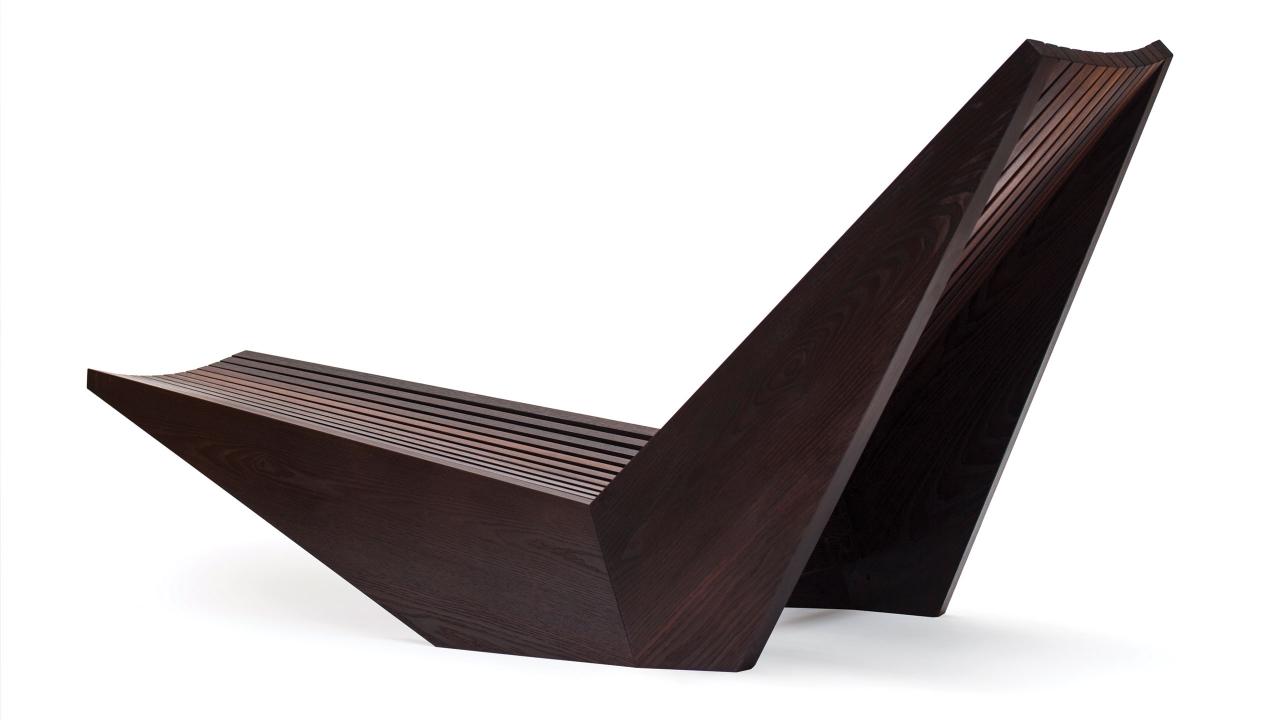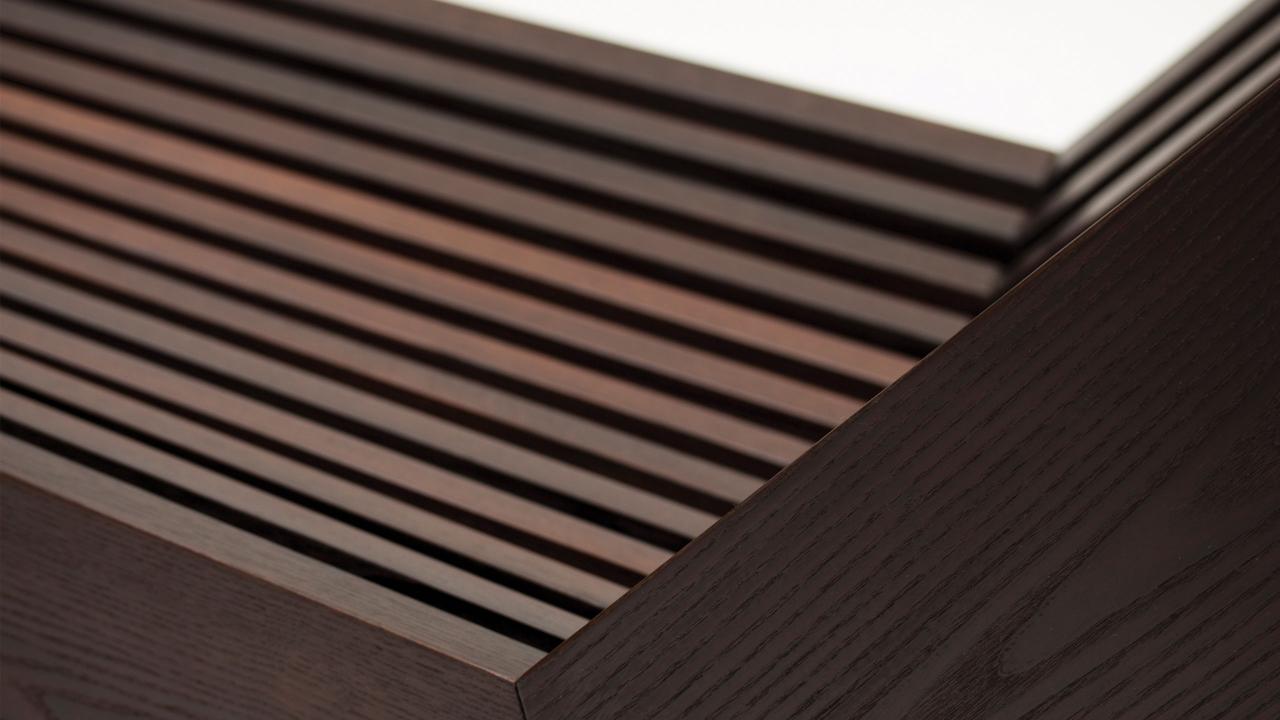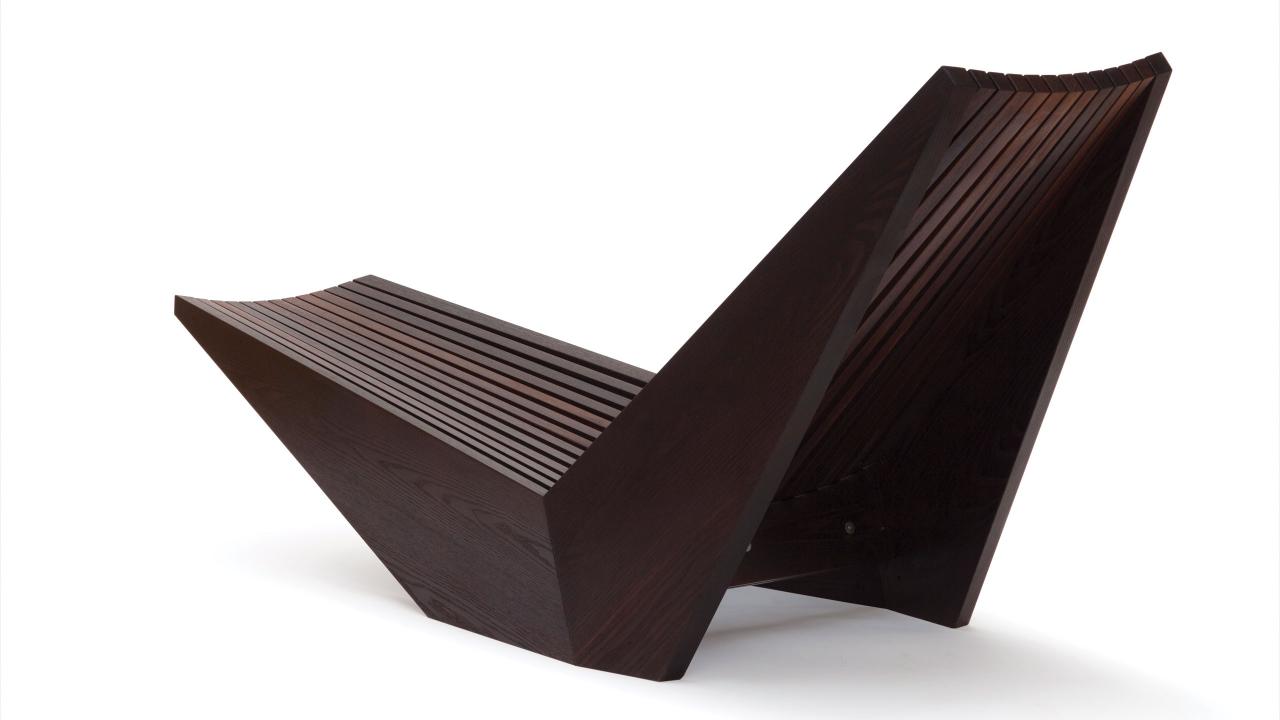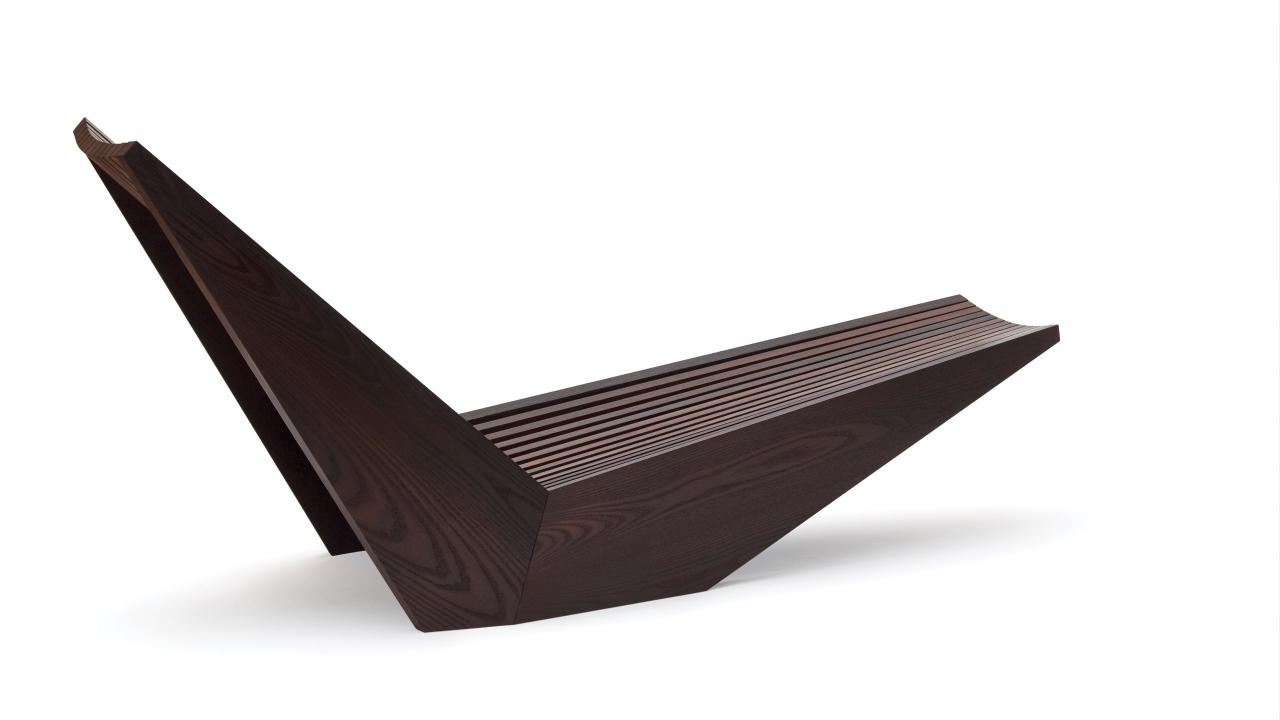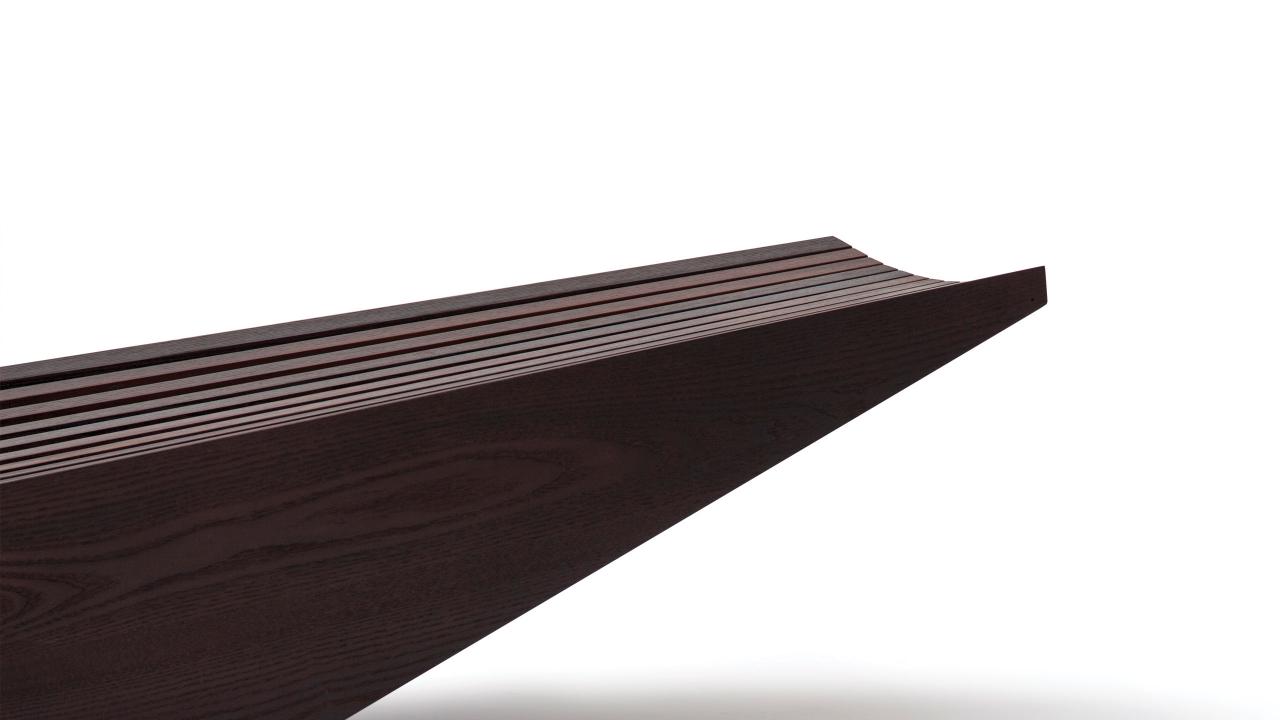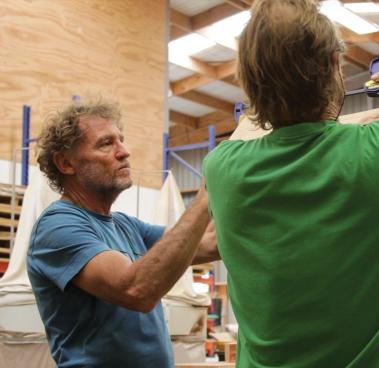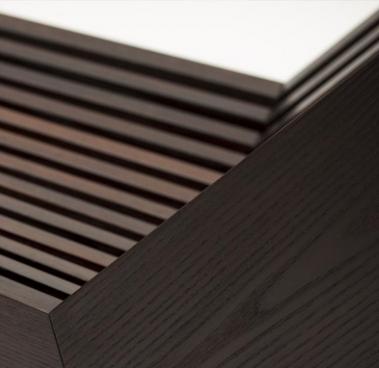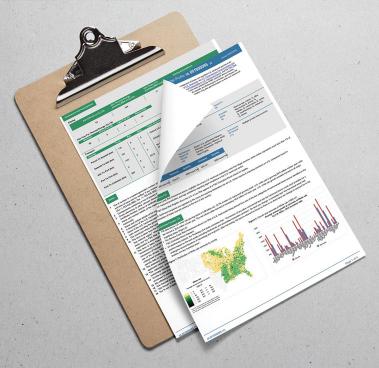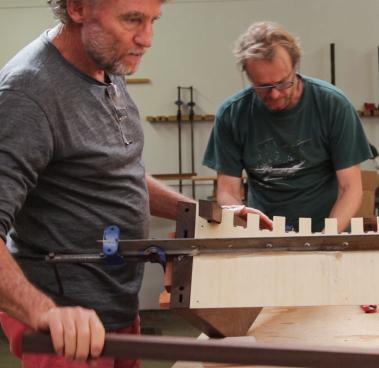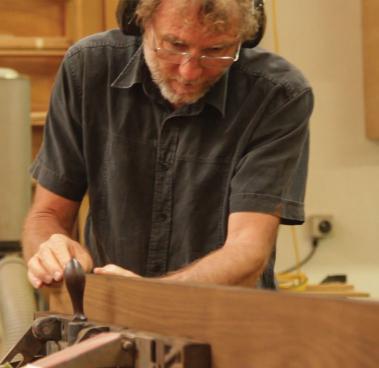Aleni
David Trubridge Ltd was formed in 1995 when David started to expand his operation from his small designer/maker business. It is comprised of two distinct yet congruous areas: production which manufactures the stock lights & furniture and the design studio.
The company is driven by a strong environmentally conscious philosophy which informs all aspects of design and production. Such motivations come before profit. During an interview with the Smithsonian’s Cooper-Hewitt National Design Museum, Trubridge answered the fundamental question of why he designs:
“To provide cultural nourishment, to tell stories, to reach people emotionally and spiritually; the objects are a vehicle for the nourishment we so badly lack in all the pragmatic and consumer stuff we are surrounded with. And the other reason I design is to recreate that vital connection to nature that we have lost so much, living in insulated cities.”
Trubridge has had a long-standing passion for the environment, deepened by his time at sea. In 2004 he was selected for the Antarctica Arts Fellowship program, which allowed him to spend several weeks in this remote and ecologically delicate location. It was an experience that inspired Trubridge to heighten his pursuit of environmental sensitivity, both as an individual, and as the driving force behind a company that continues to expand.
This ethos is demonstrated in the company's dedication to sourcing sustainable materials. Wherever possible, all timber is from sustainably managed plantations in New Zealand, or the United States. Wood is left natural where appropriate, with natural non-toxic oils being used in place of harmful solvents. From a design point of view, the products use only the minimal amount of materials and are generated with a focus on longevity, rather than mimicking quick-moving trends. Shipping and freight is often reduced by the introduction of the Seed System. These come flat packed and ready for the customer to assemble. Larger, more complex kitsets are also shipped as flat packs, with distributors constructing them in preparation for the market.
Environmental responsibility also extends to the day-to-day operations within the Trubridge headquarters. This includes recycling all factory and studio waste, using 100% hydro electricity, and taking full responsibility for the entire process from design conception to shipping and freighting of the final product.
David Trubridge graduated from Newcastle University in England in 1972 with a degree in Naval Architecture (Boat Design). Working as a forester part-time in rural Northumberland for a short period, he taught himself to make furniture. His carefully crafted designs were shown all over the UK.
In 1981, Trubridge and his wife Linda set off to sail around the world with their two small sons. They sold all they had and bought ‘Hornpipe’, the yacht that was their home for the next ten years as they navigated their way throughout the Caribbean and the Pacific.
The family arrived in New Zealand in 1985. Deeply inspired by his impressions of the Pacific, Trubridge began to develop furniture which held close connotations with the sea. Fortunes changed dramatically for Trubridge with his re-launch of Body Raft which was taken to the Milan Furniture Fair in 2001 and brought into production by Cappellini. This signaled the transformation of the business from a small-scale model to one that has a considerable presence on the international lighting and furniture market.

